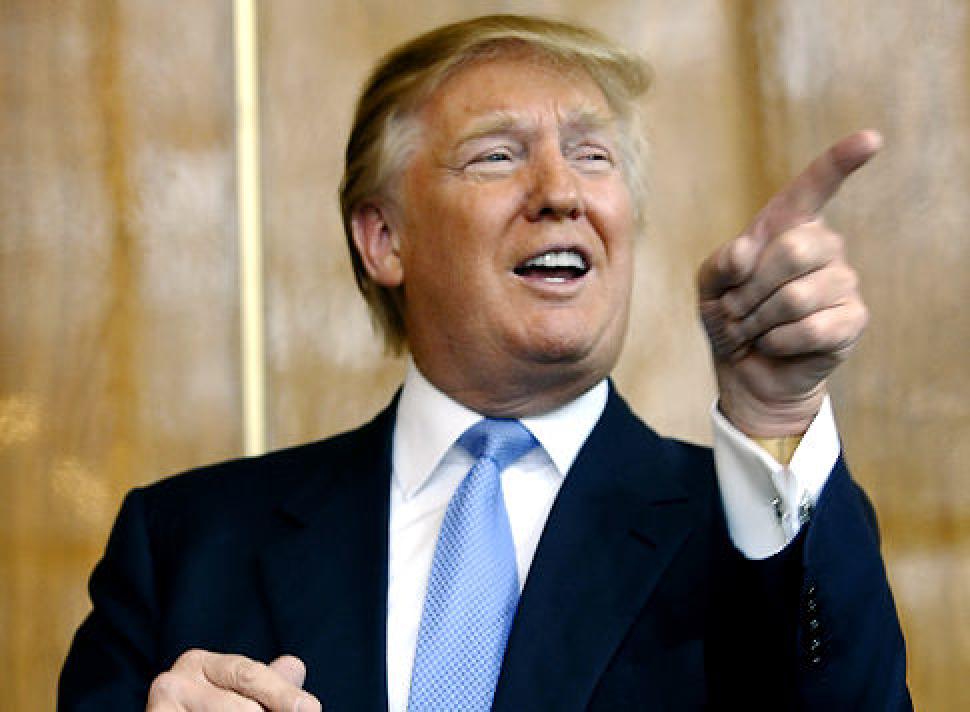If a candidate cannot bring himself to meet the qualifications for membership in our party, why should we allow him to participate in it?
In Article I, Section 1 of the Plan of Organization of the Republican Party of Virginia (the rules governing the Virginia GOP), it clearly states requirements for membership to include stating publicly when asked that the person intends to support the Republican Party’s nominees in the ensuing election.
Though this is derided as a “loyalty oath” by many who benefit from the participation of Democrats and non-Republicans in our nomination contests, it is merely a statement of present intent designed to provide some evidence of true affiliation with the GOP in the absence of voter registration by party. There is no oath or pledge, and no enforceable promise or contract.
Participants in just about every mass meeting, convention, or party canvass (aka “firehouse primary”) within the Virginia GOP will have signed such a statement. It should therefore be pretty non-controversial to ask those who seek to participate in our processes as candidates to do the same thing.
Non-controversial, of course, is a term seldom applied to Donald Trump.
As reported in Politico and a number of other outlets, the Republican Party of Virginia is currently considering applying this requirement to the vast field of potential candidates in its 2016 Presidential Preference Primary. This move arises out of a stated unwillingness of the current frontrunner, Donald Trump, to forgo a third party presidential bid, and to commit to support the eventual Republican nominee, even if that nominee is not The Donald.
Trump’s hesitation here is telling. It says he’s not in the race for our shared values, but is instead running for his own purposes and his own ideas. Critics of the current GOP will say that’s the point…that the current GOP doesn’t reflect the shared values of Trump and his supporters. But, unfortunately for all involved, that’s the point of participation in a political party. You find a party that, at least broadly speaking, believes the things you believe. You invest in that party, try to lead it in a direction that more closely aligns with your viewpoint so that it advances candidates of whom you approve. If your guy wins, the party supports him. If your guy doesn’t win, part of the bargain is that you stay on board and support the one who does, at least until the next primary season rolls around.
By failing to explicitly buy into this bargain, Trump is trying to chump the Republican Party. He wants to have his cake and eat it too by availing himself of the party, its brand (FWIW), its processes, its various state apparatuses, and, if he’s successful, its official imprimatur—all without giving anything in return. His leverage? A threat to mount a third-party bid if he isn’t shown sufficient respect by Party leadership.
I’ll grant him this: he drives a hard bargain. It’s no secret that I’m not a fan of his, but when one is being held hostage (facing the threat of a Hillary Clinton administration), what is one to do?
So far, Trump is like a menacing alien presence approaching planet earth in some sci-fi movie: the more you shoot at him, the bigger and stronger he gets. I have no doubt that Trump and his supporters would feed off of moves by the State Central Committee aimed at him, and that it would probably do good things for his poll numbers by further burnishing his already sterling outsider credentials.
My instinct is to not let him chump us…to enforce the same bargain every other candidate implicitly undertakes to play in our processes. I also think part of this is bluffing: if he runs third-party he knows he doesn’t win (but perhaps that’s not his aim anyway), and in any event the best policy is not to negotiate with hostage takers.
But I also don’t want to become a pretext for a third party run that could doom our nominee (if that’s not simply a bluff).
The stakes are pretty high and the audience is pretty well-informed. So, I’m asking around…what should RPV do?

